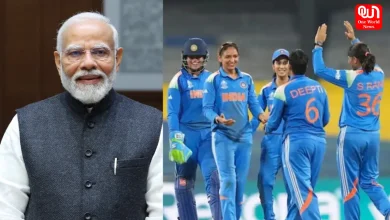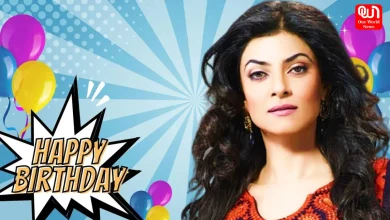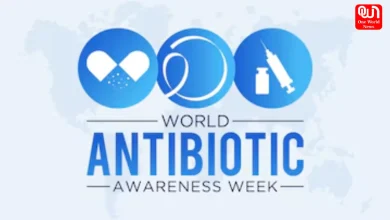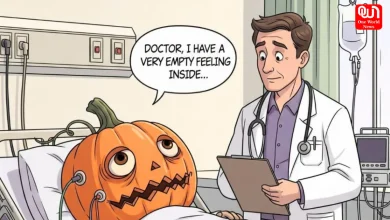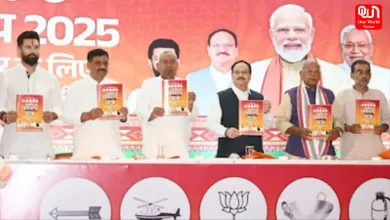Media as a profession: The Truth beyond the Screens

Media is vouched as one of the most “glamorous” and “celebrated” profession, but what we see in front of the TV box really giving us a true picture of media?
Before pursuing a career in the media one really needs to break free of the clichéd image of grease- painted news reporter grilling politicians on a live show being broadcasted to a population of 1.5 million (Estimated Figures? – Who knows the truth behind TRPS? ).

Media is the backbone for society’s awareness and is instrumental in the development of the society as a whole. The media as an industry includes several aspects which need to be dealt with and isn’t limited to news and journalism. Though we cannot ignore the fact that they do constitute a major portion of the world of media, but there are lot more fields in this sector.
With the advent of social media, the role of media has become even stronger because everyone who has a mobile in his hands is entitled to his own views and opinions, and this has paved a way to Citizen Journalism.
However, everything comes with its own pros and cons, Social Media can be a both boon and a bane. Social media has witnessed the birth of several bloggers, vloggers and online news platforms such as Newslaundry, The Wire to name a few.
It has also played a crucial role in Jasmin Revolution where the true power of democracy was exercised and people came together to protest against the current government demanding their rights and eventually being granted the same.
Shifting my focus now on the abuse of the power of social media makes me put forward a question, “Is every person with a mobile phone in his hand a twitter and Facebook/Twitter account now capable of becoming a journalist”? The recent news of a journalist coming under attack because of her criticism of a certain “Cringe-pop – You tube Sensation” came into the limelight. She was just doing her job but eventually, she had to bear the brunt of her “ethical journalism”. Though Freedom of Expression as a fundamental right cannot be denied, but we must understand that it comes with certain responsibilities. When will we learn to agree to disagree?

This is just the tip of the iceberg. Today, a journalist faces a plethora of problems ranging from a question mark on the credibility of his reports to death threats which brings me to another question, “Is journalism only limited to our TV screens or are we forgetting the larger picture”?
According to Jim Morrison, “Whoever controls the media controls the mind” but the main cause of concern is WHO CONTROLS THE MEDIA? News channels are often blamed to be under the influence of large corporate houses and hence their fate is tied. They are supposed to kiss goodbye to their freedom and are bound to show only that portrait which the corporate houses wish to paint. Any act of rebellion is frowned down upon and reporters are forced to obey what the master says.
The media has also got flaked for not taking up “non spicy” issues. Its role in Jessica Lal’s Case and Priyadarshini Mattoo is undoubtedly commendable but it has a little role to play in “low profile cases”.
The recent protests by farmers were hardly covered by the media. Though the role of media is indispensable, however, it has a certain social responsibility attached to it which not only includes putting forward an unbiased picture among the masses but also to check the updates on the cases which have chances of getting butchered because of involvement of big names. Though “the pen is mightier than the sword we must never forget that the world will flourish only if the pen is nourished.
Have a news story, an interesting write-up or simply a suggestion? Write to us at info@oneworldnews.in

